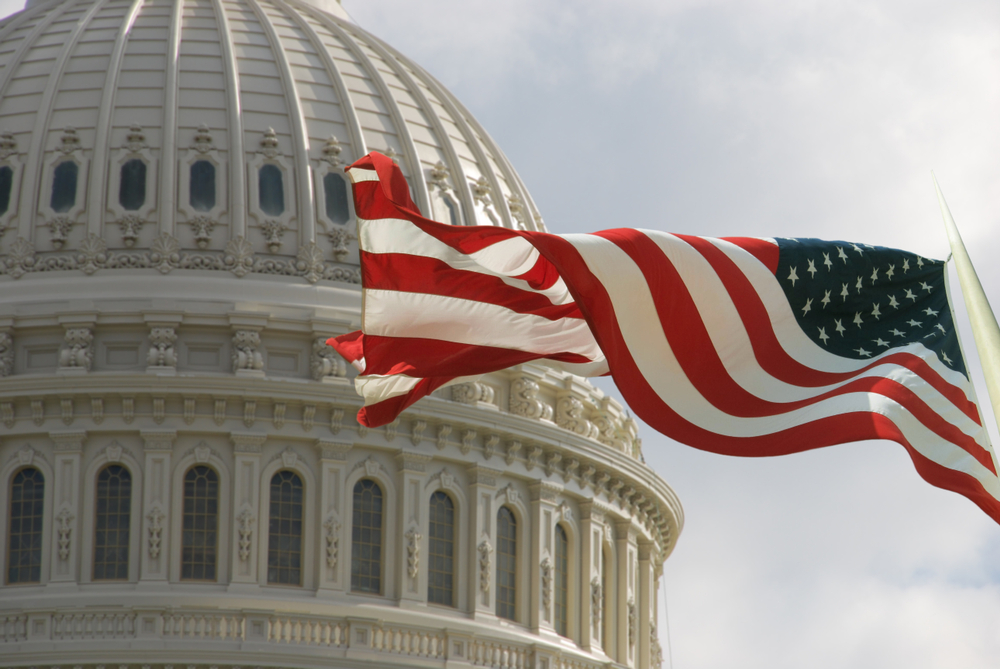On May 20th, the U.S. Senate passed legislation to force Chinese issuers to comply with inspections by the Public Accounting Oversight Board (PCAOB) and to certify that they are not owned or controlled by the Chinese government.
The Holding Foreign Companies Accountable Act applies to any foreign issuer, but its language makes it clear that it is directly targeted at China. The bill would need to be passed by the House of Representatives before it could be signed into law by President Trump, and there is the potential it may be modified if the House takes up the legislation. Already, the bill has caused Chinese companies to evaluate options with respect to listing in the United States, with at least one major internet company reportedly considering moving to list on the Hong Kong Exchange, according to media reports.
What’s in the Act
The legislation would amend the Sarbanes-Oxley Act to make the following changes:
- Requires the SEC to identify every issuer that retains a registered public accounting firm with a branch located in a foreign jurisdiction that the PCAOB is unable to inspect. At the end of 2019, the PCAOB identified 188 companies with a combined market capitalization of $1.9 trillion that were audited by auditors based in China or Hong Kong that it was unable to inspect.
- Requires all companies audited by firms that have not been subject to PCAOB inspections to certify that they are not owned or controlled by a governmental entity. In addition, the companies would be required to disclose the percentage of shares owned by any governmental entity, whether a governmental entity has a controlling financial interest, the names of any members of the board of directors who are officials of the Chinese communist party, and whether the articles of incorporation contain the charter of the Chinese communist party.
- If a company continues to be audited by a firm that is not subject to inspections by the PCAOB for three years, then the company’s shares will be prohibited from trading on a national stock exchange or an “over-the-counter” or OTC market.
- As background, in 2013 China had entered into a memorandum of understanding (MOU) that would permit the PCAOB to perform investigations in cooperation with Chinese regulators, including the CSRC and Ministry of Finance. At that time, the PCAOB was optimistic that it could reach an agreement to perform auditor inspections as well. However, since then the PCAOB has stated that “Chinese cooperation has not been sufficient for the PCAOB to obtain timely access to relevant documents and testimony necessary to carry out our mission.”
- Chinese audit firms, including the Chinese affiliates of the Big Four, are currently prohibited from producing their working papers to U.S. regulators unless it is done in cooperation with Chinese authorities under the MOU. The China-based affiliates of the Big Four also audit the Chinese operations of most of the largest multinational firms. The legislation does not make it clear if these large MNCs would also be subject to delisting if China makes up a substantial portion of their revenues.
Implications of the Act
As currently written, this legislation would have dramatic implications for the competitiveness of the U.S. capital markets and trillions of dollars of securities held by American investors. Many of China’s largest and fastest growing companies have historically chosen to list on NASDAQ or the NY Stock Exchange due to the depth and liquidity of the market, investor expertise in technology and healthcare sectors, and flexibility of capital formation.
- The law would provide three years to resolve the issue of enabling the PCAOB to inspect audit firms based in China and Hong Kong, which seems to be a reasonable time frame to move beyond the restrictions on travel due to COVID-19 and current heated rhetoric around U.S.-China relations. While China-based audit firms are not averse to such inspections of their audits of U.S.-listed companies, they are unlikely to take any steps that would put them out of compliance with Chinese laws. Audits of these companies are only a small part of the firms’ revenues, given that their clients include many of the large state-owned companies in China. Although the law targets foreign issuers with the threat of delisting, the issue of inspections is outside of the companies’ control, given that the PCAOB has jurisdiction only over audit firms.
- The requirements to disclose any relationship with government entities is likely to be viewed as more problematic and intrusive. Many business leaders in China take part in an advisory or representative role in government bodies and maintaining these roles is critical to the success of their companies. Issuers would have to disclose the relationships in their audit reports in year one if they employ an auditor that is not PCAOB-inspected.
- It is possible that many of the larger U.S.-listed Chinese companies will consider a secondary listing on the Hong Kong Stock Exchange or even the Shanghai STAR market as a potential exit strategy if these issues cannot be resolved favorably.
- Mid-sized and smaller companies may consider moving to an audit firm that is subject to PCAOB inspections so as to avoid the threat of delisting and the requirement to provide detailed disclosures about any government affiliations.
While the legislation may be modified if it is taken up by the House of Representatives, as currently written it creates the potential for significant disruption for U.S.-listed Chinese companies (and potentially MNCs with sizable China operations). The consequences, both intended and unintended, should be weighed carefully.









.jpg?width=200&name=Howard%20Schilit%20(1).jpg)



